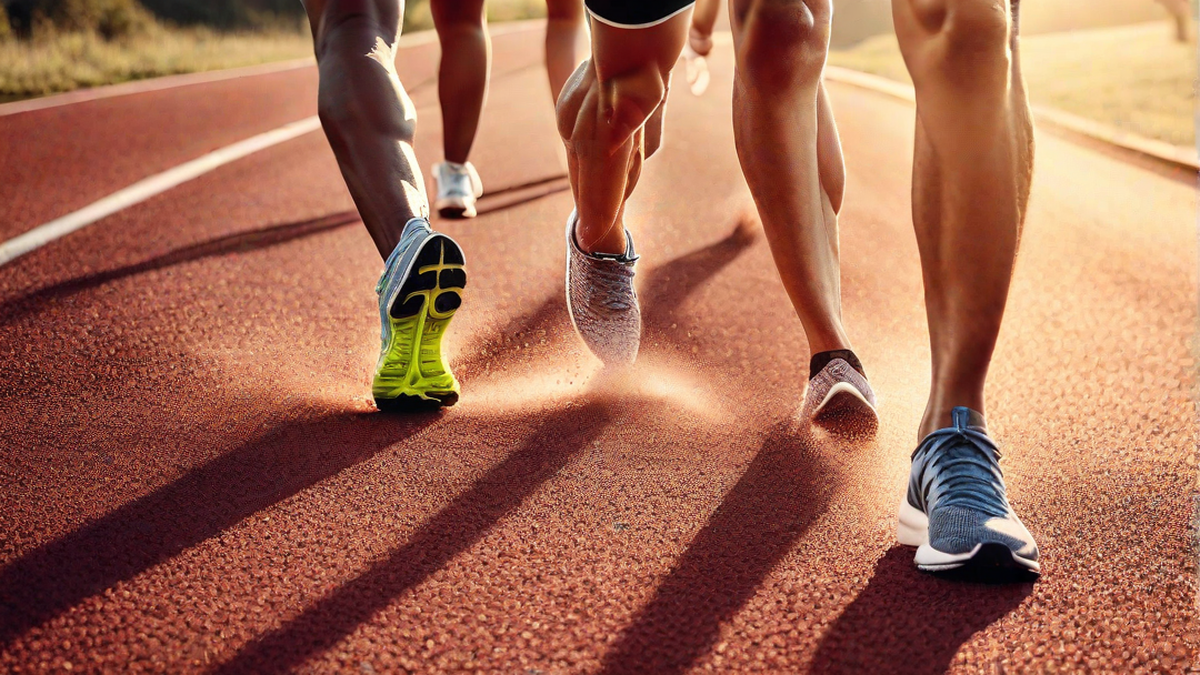As someone who has struggled with varicose veins, I understand the frustrations and discomfort they can bring. Varicose veins are swollen and twisted veins that usually appear on the legs. They can be unsightly and cause symptoms like pain, heaviness, and swelling.
One common question that arises when dealing with varicose veins is whether running is good for them. Running is a popular form of exercise that offers numerous health benefits, but its impact on varicose veins is a topic of debate.
Before diving into the specifics, it’s important to note that I am not a medical professional. The information I provide is based on my personal experiences and research. If you have varicose veins or any concerns, I highly recommend consulting with a healthcare professional.
Understanding Varicose Veins
Varicose veins occur when the valves inside the veins become weak or damaged, causing blood to pool and veins to enlarge. Factors like genetics, pregnancy, age, and prolonged standing can increase the likelihood of developing varicose veins.
When deciding whether running is good for varicose veins, it’s crucial to consider the potential impact on blood flow and vein health.
The Benefits of Running
Running is known for its numerous health benefits. It can help improve cardiovascular fitness, strengthen muscles, and boost overall well-being. Regular exercise, including running, has also been linked to a reduced risk of chronic diseases like heart disease and obesity.
Some proponents argue that running can increase blood circulation and promote healthier veins. The rhythmic contractions of leg muscles during running can facilitate blood flow and potentially reduce the risk of blood pooling in the veins.
Potential Risks and Considerations
While running has its benefits, it’s important to consider potential risks and individual circumstances when dealing with varicose veins.
If you have severe varicose veins, running may not be the best exercise choice. High-impact activities like running can put additional strain on weakened veins and potentially worsen symptoms. It’s essential to listen to your body and adjust your exercise routine accordingly.
Wearing proper compression stockings or socks while running can provide additional support to the veins and help alleviate symptoms. These garments help improve blood flow and reduce the risk of blood pooling in the legs.
Consulting with an Expert
When considering the impact of running on varicose veins, it’s always best to consult with a healthcare professional. They can assess your specific situation, provide personalized advice, and recommend appropriate exercises or treatments.
Varicose veins can be a complex condition, and what works for one person may not work for another. Therefore, it’s important to seek professional guidance to ensure you choose the right exercise regimen.
Conclusion
While running can offer many health benefits, the impact on varicose veins varies from person to person. It’s crucial to consider individual circumstances, consult with a healthcare professional, and listen to your body when making decisions about exercise.
Remember, this article is based on personal experiences and research but should not substitute professional advice. Every individual and their varicose veins are unique, so what works for one person may not work for another.
Stay active, take care of your veins, and always prioritize your health and well-being.

